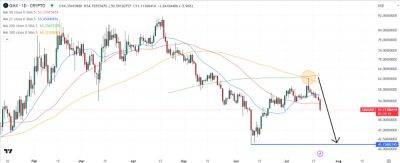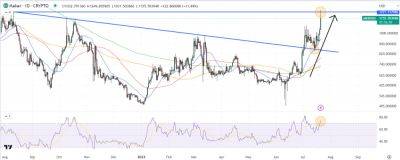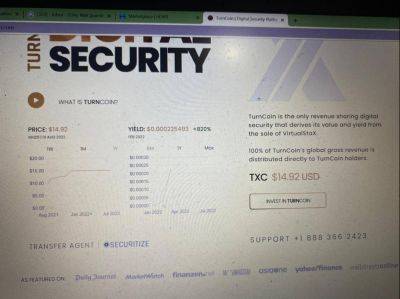DeFi and the importance of insurance protocols — Interview with Neptune Mutual
The vast potential of decentralized finance (DeFi) is frequently overshadowed by the risks associated with crypto markets and decentralized platforms. The lack of reliable insurance policies leads to users becoming susceptible to losing funds in the event of hacks or exploits, which is happening more often as the DeFi ecosystem grows.
The accelerated growth of the industry causes many DeFi projects to rush the security implementation of their infrastructure and conduct insufficient smart contract audits, resulting in vulnerable decentralized platforms. According to data aggregator CoinGecko, over $2.8 billion in cryptocurrency was stolen last year in a diverse range of malicious attacks targeting vulnerabilities in DeFi platforms; when one compares this with the $0.3 billion of TVL of the entire DeFi insurance category it is easy to see the need to scale DeFi insurance.
There is no single form of attack targeting crypto users and platforms. Source: CoinGecko
To boost crypto adoption and enable DeFi to reach its full potential, users’ concerns about lost funds in the event of a hack or exploit need to be addressed. Decentralized exchanges, decentralized applications (DApps), CeFi and metaverse projects should prioritize using a reliable method to cover users’ assets against the possibility of an attack.
True to the principles of decentralization, the DeFi ecosystem came up with its own solution: Neptune Mutual. In the interview below, Binod Nirvan, CEO and co-founder of Neptune Mutual, shares more about the ways in which DeFi insurance protocols can boost security in the space.
Cointelegraph: Can you provide a brief introduction of yourself and Neptune Mutual?
Binod Nirvan: I’m Binod Nirvan, CEO and co-founder of Neptune
Read more on cointelegraph.com





















